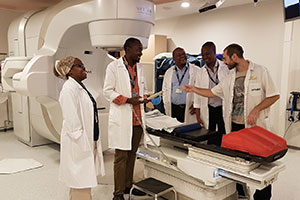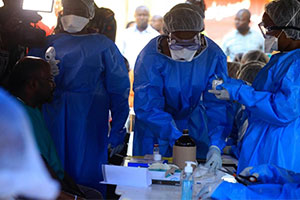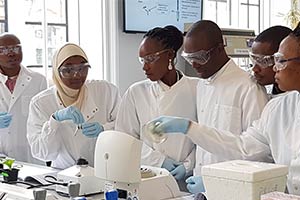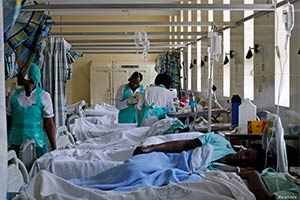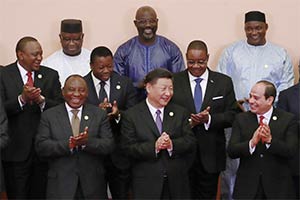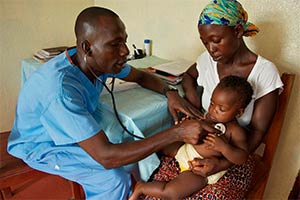Newly installed cancer treatment equipment at the Ocean Road Cancer Institute (ORCI) has for the past one year facilitated the treatment of over 200 patients whose conditions were supposed to get the service abroad.
If referred to hospitals abroad, particularly India, it could have cost the government between 50m/- and 70m/- for each patient, which implies that a considerable amount of money ranging from 10bn/- to 14bn/ was rescued.
The Executive Director of the ORCI, Dr. Julius Mwaiselage, said the facility installed the new radiation therapy machines called medical linear accelerators (LINAC), worth 9.5bn/-, which started functioning from September last year.
He was briefing the media on the achievements that the ORCI made during the four years of President John Magufuli’s regime.
With 80 percent of cancer patients in the country needing radiotherapy, the government took a bold move to strengthen the availability of the services domestically.
The capacity of the hospital has increased from serving 180 patients to 300 patients per day, he revealed, noting that the government has been increasing the allocation of the budget for purchasing medicines.
The budget for anticancer drugs shot up from 790m/- in 2015 to 10bn/- this financial year, which increased the availability of drugs by 95 percent from only 4 percent.
“This is a never-ending achievement and the institute has been an exemplar in the East and Central zone of the region,” he said.
ORCI’s financial measures have helped a steady rise in revenues collections from 569m/- in the 2014/15 fiscal year to 14.7bn/- during the 2018/19 financial year.
Such measures include new sources of revenues such as pharmacy and enhanced service delivery.
On the institute’s future plans, Dr. Mwaiselage said processes are underway to purchase a new Positron Emission Tomography – Computed Tomography (PET-CT), disclosing that the government had already disbursed 14.5bn/- for that purpose.
The PET-CT scan is a diagnostic examination that involves getting images of the body based on the detection of radiation from the emission of positrons.
It gives detailed information, including the exact representation of certain types of cancer and their metastasis. Hence, it is possible to display not only the cancer itself but also its activity.
The method fits very well by checking the effects and success of the therapy used. Through consultation, PET-CT can determine the exact position, size, activity, and development of cancer in the entire body.
The tender process to purchase the PET-CT has started and expected to complete in April next year.

